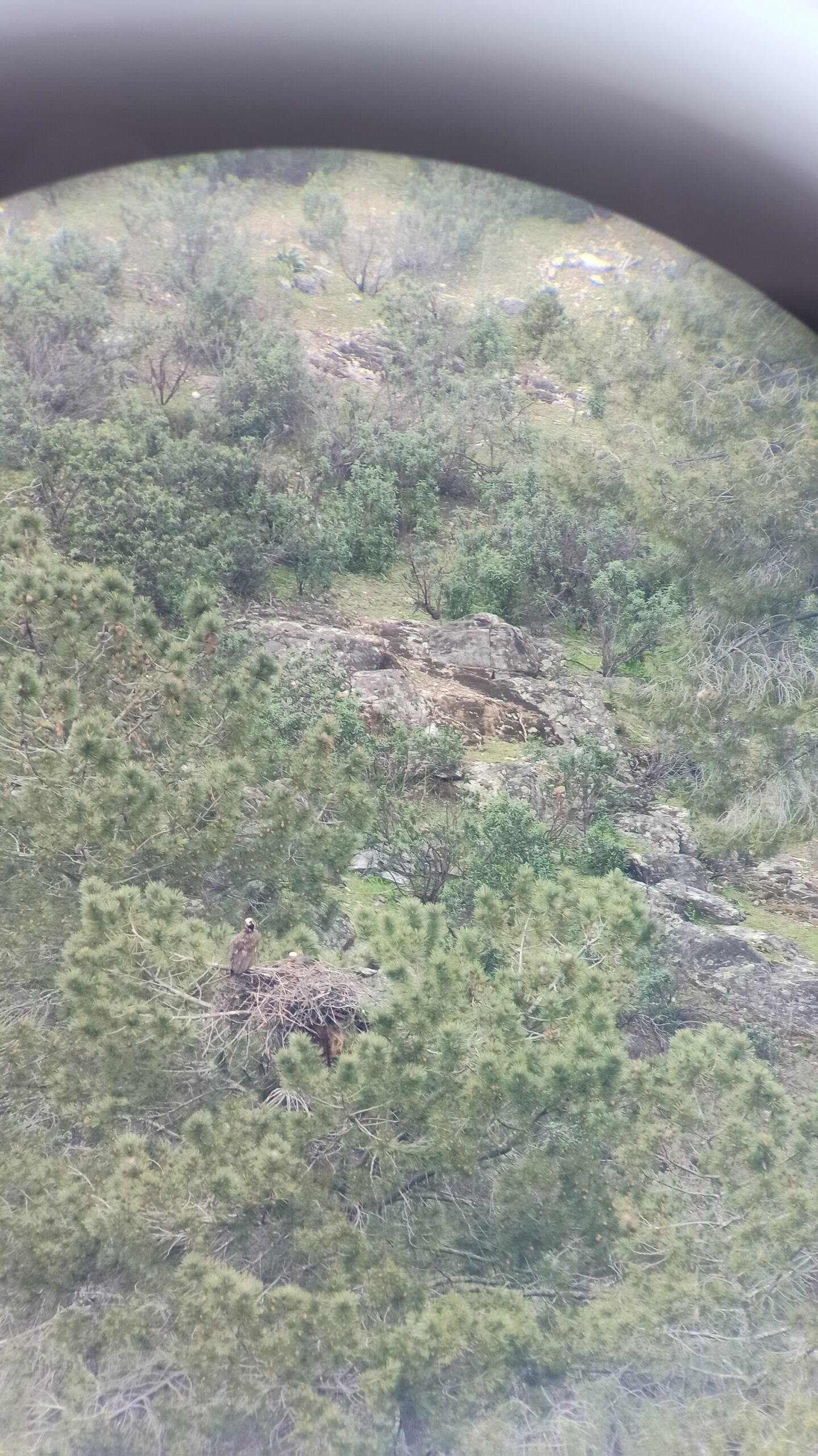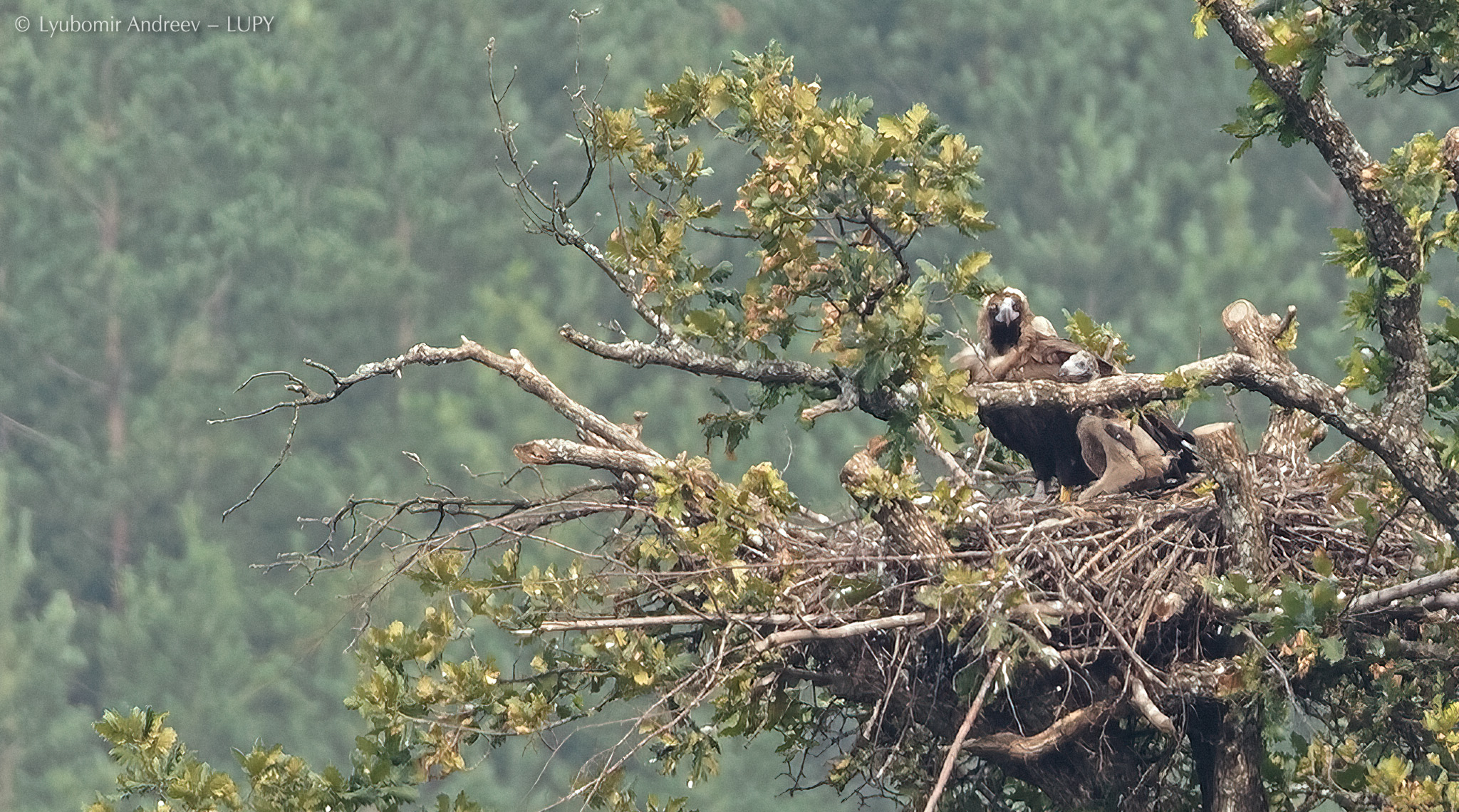
The life of the remarkable Egyptian Vulture Boyana suddenly came to an end in Jebel, Bulgaria, after she was illegally killed, with traces of a gunshot wound found on her body.
Boyana passed through 22 countries, crossed three continents, and recently marked a milestone for vulture conservation in the Balkans with her behaviour – she is the first captive-bred Egyptian Vulture that formed a pair in the wild in Bulgaria and the Balkans.
Boyana’s remarkable story

Boyana hatched in Prague Zoo, Czech Republic, in 2017. After rearing her for a year, the zoo donated Boyana to the reinforcement programme strengthening the population of the species in the Balkan Peninsula. In 2018, the Egyptian Vulture New LIFE project released Boyana into the wild in Bulgaria in the Eastern Rhodopes, where she successfully adapted to her new environment. In the next three years, she visited more than 20 countries in Europe, the Middle East and Africa, facing numerous dangers along the way. When she returned to Bulgaria this year, she found a partner and occupied a breeding territory in the Eastern Rhodopes, near the town of Jebel. This is the first case in Bulgaria and only the second in Europe, where an Egyptian Vulture that hatched in a zoo or breeding centre forms a pair in the wild.
Something is wrong with Boyana

A few days ago, the Bulgarian Society for the Protection of Birds (BSPB) received an alarming signal from Boyana’s GPS transmitter. The BSPB team took urgent action, and alongside their specially trained dog Bars, immediately visited the place and found the vulture’s body. They informed all responsible institutions about the situation and subsequently formed an inter-institutional team with representatives from the police, prosecutor’s office and state forestry. They also launched an investigation to clarify the circumstances surrounding her death and identify the perpetrator of this cruel crime against nature. They further instituted pre-trial proceedings, and the investigation is ongoing. The expert team at the Green Balkans Wildlife Rescue Center is currently examining the vulture’s carcass for further veterinary examination.
Poaching is a serious environmental crime
The Egyptian Vulture is a globally endangered species and one of the fastest declining birds of prey in Europe. The species is protected and its prosecution falls under the provisions of the Penal Code, which stipulates imprisonment for up to 5 years and a fine of 5,000 to 20,000 BGN in Bulgaria. Worryingly, this is the second case of vulture poaching in the Kardzhali region in the last two years, after a reintroduced Cinereous vulture was shot and later died from its wounds.
For the last 30 years, the population of the Egyptian Vulture in the Balkans has decreased by 80%, and today only 26 pairs of this emblematic species are nesting in Bulgaria. Therefore, the loss of even one individual has a huge impact on the population of the species.
The death of Boyana is a huge loss for the nature of Bulgaria and a heavy blow for the hundreds of people who work hard to protect this globally endangered species, not only in the country but also along its entire migration path to Africa.
The Egyptian Vulture New LIFE project

Working collaboratively, projects like the Egyptian Vulture New LIFE aims to reinforce the Egyptian Vulture population across the Balkans, which is Europe’s easternmost range for the species. By actively managing and restocking the population by releasing captive-bred birds, the project will support the small Balkan population, numbering between 60 and 80 pairs. The Egyptian Vulture New LIFE team is working to deliver conservation measures that eliminate major known threats such as illegal poisoning and electrocution in their summer breeding grounds. They also use GPS transmitters to monitor the population to help identify and combat the threats Egyptian Vultures face. Funded by the EU’s LIFE Programme and led by the Bulgarian Society for the Protection of Birds, the project has a partnership spanning 14 countries across Europe, the Middle East and Africa to protect the species all along their flyway.




